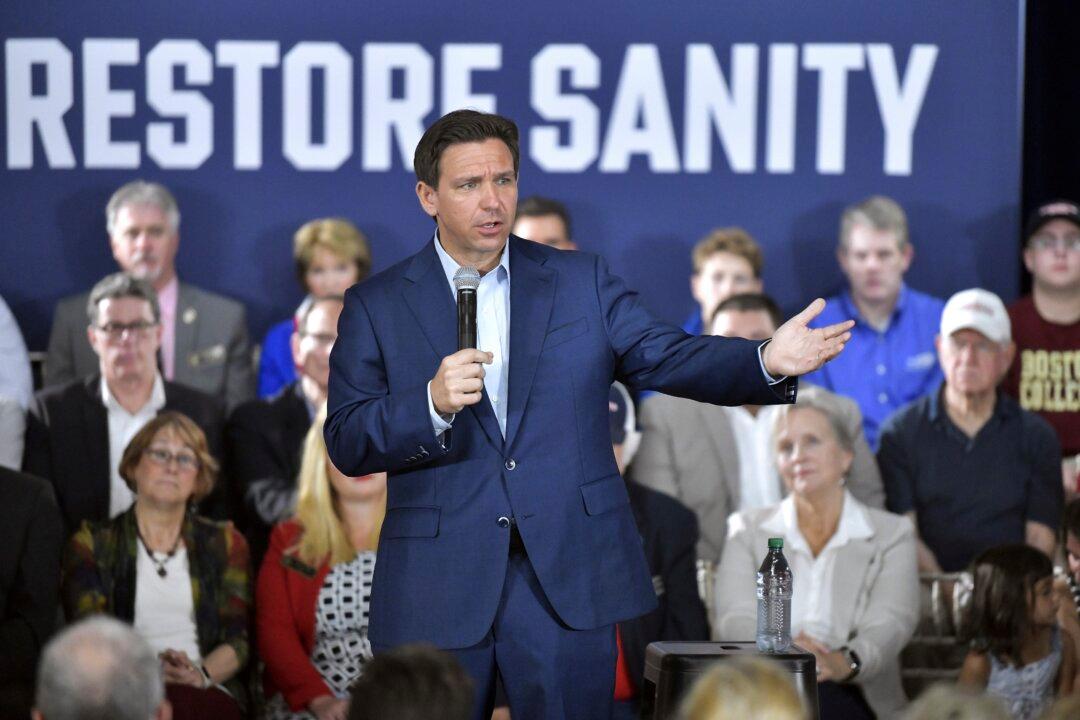Talking to New Hampshire voters on June 27, Florida Gov. Ron DeSantis outlined his plans to “reconstitutionalize” the federal government, including constitutional amendments he’d like to see passed.
DeSantis, a Republican seeking his party’s nomination in the 2024 presidential race, took probing questions from the state’s famously independent-minded voters, including from some wanting to know how his administration would be different from that of former President Donald Trump.





